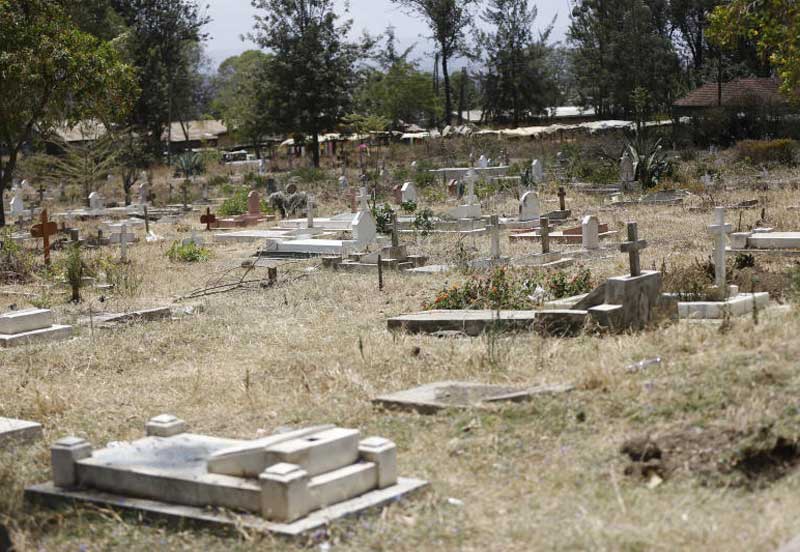
There is a looming problem in Nakuru County over what to do with dead bodies. The ethnic clashes experienced in parts of the Rift Valley in the 1990s and the infamous 2007-2008 post-election violence, saw mass movement of people from small villages and urban centres – that were considered unsafe to Nakuru town - piling pressure on social amenities.
Besides two cemeteries in the town there’s the Maili-Kumi graveyard, Maili Sita graveyard, Gilgil cemetery, Longonot graveyard, Pieve graveyard in Njoro and one in Olenguruone.